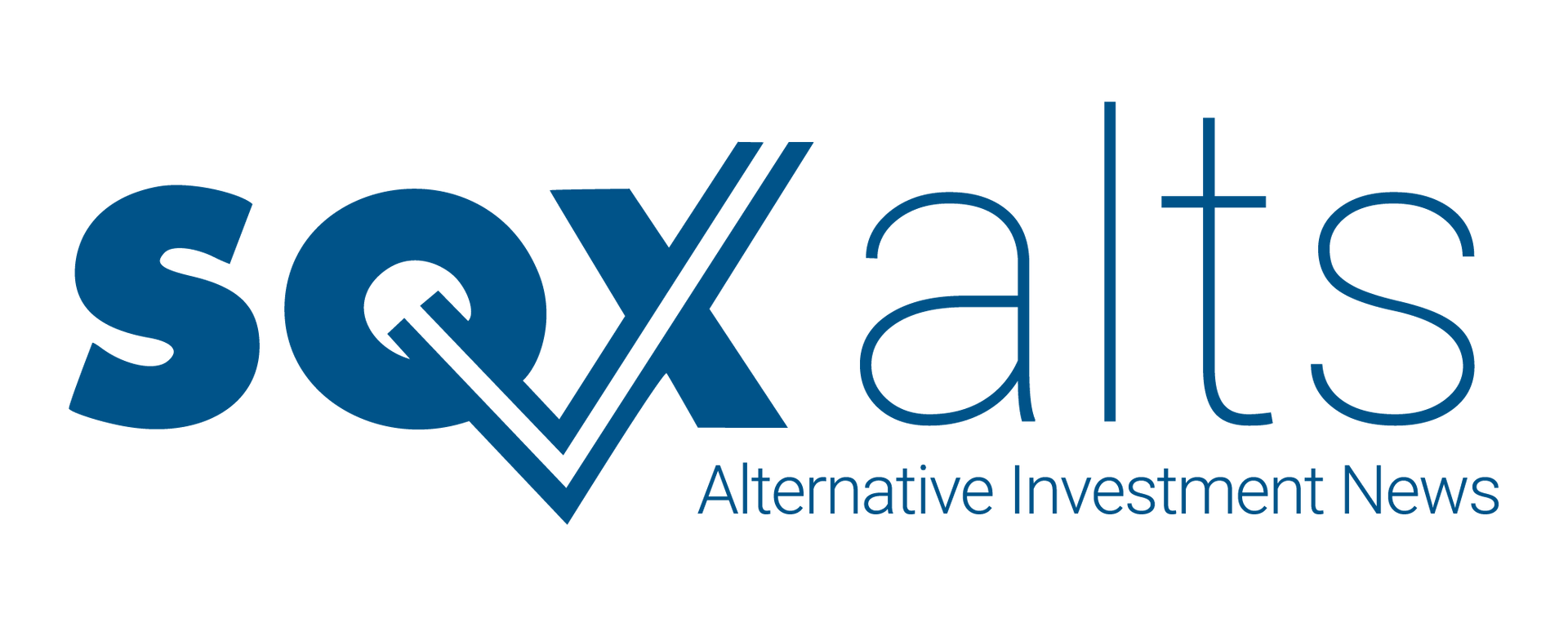Eagle Point Institutional Income Fund Launches $31M Preferred Shares Offering
The Fund aims to leverage the proceeds to expand its portfolio of collateralized loan obligations, primarily in equity and junior debt tranches, while navigating high risks associated with leverage and structured finance.
October 11, 2024

Overview of the Offering
Eagle Point Institutional Income Fund, a Delaware statutory trust registered under the Investment Company Act of 1940, has launched a public offering of its 8.125% Series A Term Preferred Shares, due 2029. The offering consists of 1,240,000 shares priced at $25.00 each, raising $31 million before expenses. The Fund is providing investors with the option to buy an additional 186,000 shares to cover overallotments, potentially increasing the offering's total proceeds to $34.54 million.
The shares are expected to list on the New York Stock Exchange (NYSE) under the symbol "EIIA," with trading expected to begin within 30 days of the October 8, 2024 prospectus. Investors are drawn to the offering because of its fixed annual dividend rate of 8.125%, paid monthly, which amounts to $2.03125 per share each year.
The Fund is externally managed by Eagle Point Credit Management LLC (the "Adviser"). The proceeds from this offering will primarily be allocated toward investments in equity and junior debt tranches of collateralized loan obligations (CLOs), a market strategy designed to generate high current income while providing opportunities for capital appreciation.
CLO-Centric Investment Strategy
Eagle Point Institutional Income Fund's principal strategy revolves around investing in CLOs, particularly in equity and junior debt securities. CLOs are structured investment vehicles that hold portfolios of below-investment-grade senior secured loans, typically with a large number of underlying borrowers from various industries. These vehicles pool loans, securitize them, and then issue tranches of debt and equity securities to investors. The investment in CLO equity and junior debt is highly levered and involves heightened risk compared to senior debt tranches.
The Fund seeks to benefit from high cash yields and attractive risk-adjusted returns, although investors are warned that the leveraged nature of CLO equity—often leveraged ten times—significantly increases the potential for loss. In addition to CLOs, the Fund also explores investments in other structured finance vehicles such as collateralized bond obligations (CBOs), credit-linked notes, and revolver CLOs, all of which add diversified exposure to its portfolio.
Capitalization and Use of Proceeds
The Fund estimates that after deducting sales load and other expenses, it will generate approximately $30 million from the offering. The capital will be deployed to acquire CLO investments consistent with the Fund’s investment objectives. These proceeds will also be utilized for general working capital purposes, including the potential repurchase of common shares as per the discretion of the Board of Trustees.
The Fund anticipates investing the bulk of the proceeds over a period of three to six months, subject to market conditions and the availability of high-quality CLOs. In the interim, the Fund may hold proceeds in cash, U.S. government securities, or other short-term high-quality debt instruments, which may generate returns lower than those expected from CLO equity or junior debt investments.
Leveraged Investment Approach
Leverage is a critical component of the Fund's investment strategy, as CLO equity and junior debt securities are inherently leveraged. Eagle Point Institutional Income Fund itself intends to utilize leverage to enhance returns, with plans to operate under normal conditions with leverage in the range of 25-35% of total assets. The Fund may increase its leverage over time by issuing preferred shares, borrowing from banks, or other financial facilities.
However, the extensive use of leverage introduces significant risk. Leverage amplifies both potential gains and losses, which can result in more severe fluctuations in the Fund's net asset value (NAV). The CLOs the Fund invests in may also utilize leverage, and the resulting exposure to leveraged debt instruments subjects investors to compounded risk.
Mandatory Redemption and Dividend Distribution
The Fund is required to redeem all outstanding Series A Term Preferred Shares by October 31, 2029, at $25.00 per share plus any accumulated but unpaid dividends. However, the Fund has the option to redeem shares voluntarily starting October 17, 2026. Redemption may also be triggered if the Fund fails to meet certain asset coverage ratios mandated by the 1940 Act, which requires a minimum asset coverage of 200%.
Dividends on the Series A Term Preferred Shares are scheduled to begin on November 29, 2024, and will be paid monthly thereafter. The Board of Trustees reserves the right to withhold or suspend dividends if asset coverage falls short of regulatory requirements or if paying dividends is deemed contrary to the best interest of the shareholders.
Risks and Market Uncertainties
The prospectus highlights numerous risks associated with the Fund's offering and investment strategy. CLO investments, in particular, are inherently speculative. They are structured finance products backed by credit-related assets, which are subject to a variety of risks, including market volatility, interest rate fluctuations, and borrower defaults. CLOs also involve complex legal documentation that may lead to disputes over the enforceability of contracts.
The prospectus warns that CLO equity and junior debt securities are subordinated to senior tranches, meaning they are first in line to absorb any losses. These securities are also often classified as “junk” due to their below-investment-grade ratings, emphasizing their speculative nature. Additionally, the thin trading market for CLOs may limit liquidity, making it difficult for investors to exit positions in the secondary market.
The Fund's heavy reliance on CLO investments subjects it to risks associated with the overall credit quality and liquidity of the loans that make up the CLO portfolios. The lack of diversification in a market downturn could expose the Fund to significant losses if defaults or downgrades in the underlying loan assets occur.





